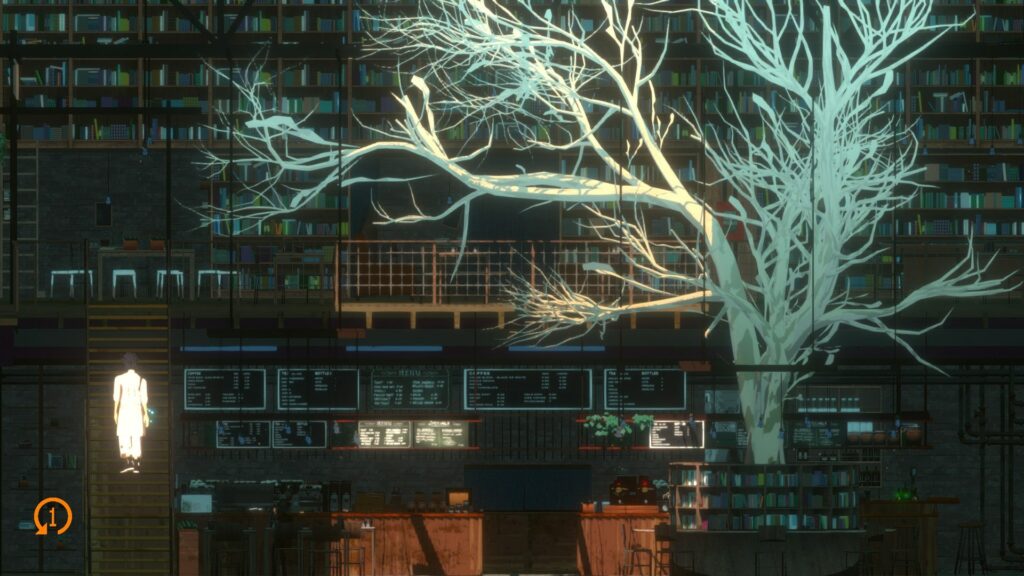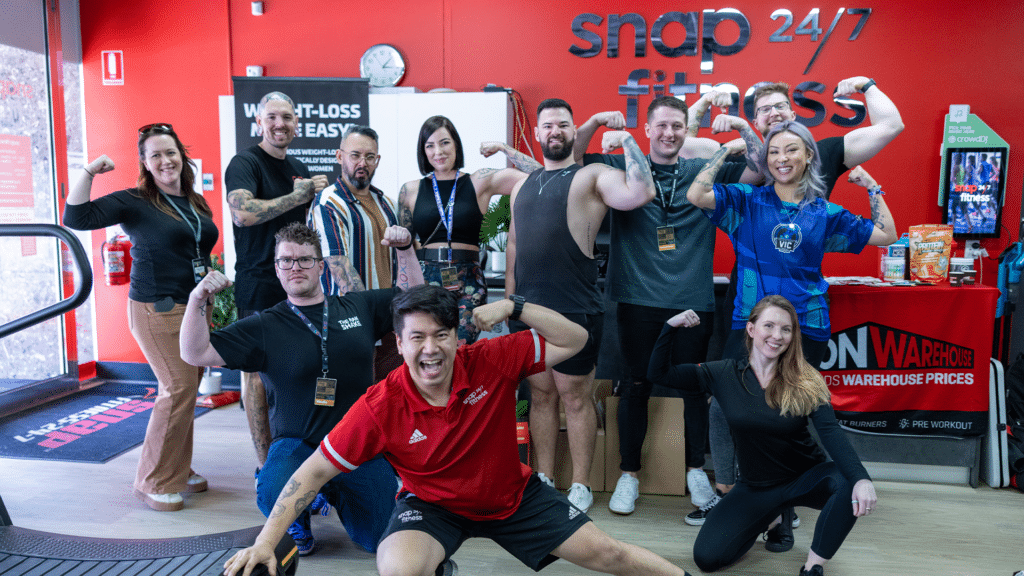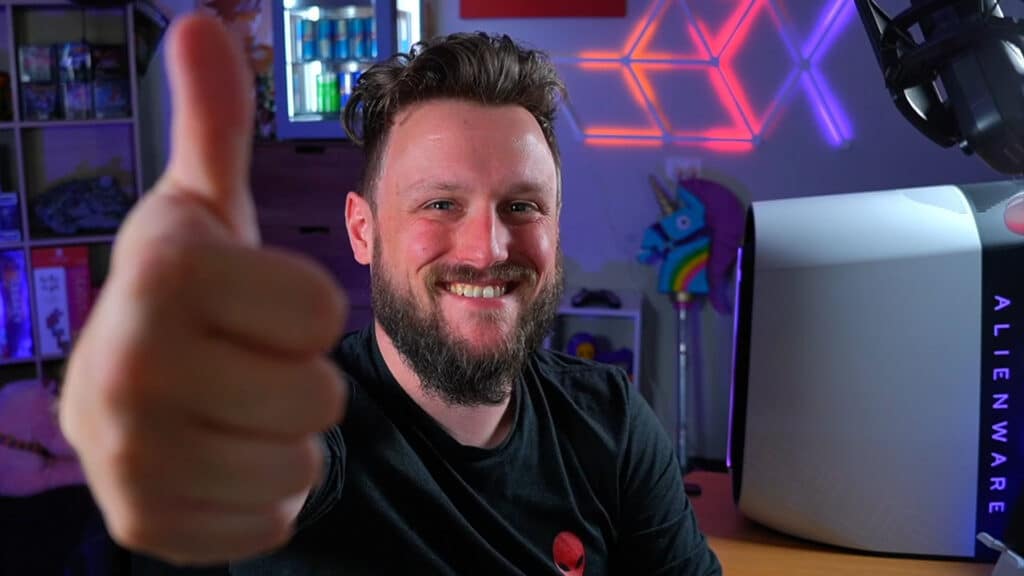NOTE: There’s gonna be some spoilers in this, I’ll try not to spoil too hard though.
When I was a toddler, my Grandfather came from interstate to visit us. He died from a heart attack a few days in, and that was my first introduction to the concept of death. Since then, death has been a huge part of my life through strange and entirely coincidental ways. I can count the number of wedding’s I’ve been to on one hand, but I’ve long since lost track of the amount of funerals.
From the age of 17, I began working off and on with my father as a Coronial Transport person. Again, entirely coincidentally, without trying, and thus death cemented itself firmly as a day to day thing for me. I later began work as a veterinary assistant and had a direct hand in the deaths of several animals (not like. In a bad way. I promise I don’t kill animals), and for the first time, I actually watched a living creature die.
As you can imagine, this kind of life leads to a weird fascination with death and death related topics. My other passions and interests in life are video games, video games made in Australia, and coffee. You can see where I’m going with this, in that Necrobarista was a natural choice for me to gravitate toward.
In case you’re not aware, Necrobarista is a game about a small coffee shop in Melbourne, where the dead are allowed 24 hours to mingle, drink coffee and/or booze and just generally chill with the living and their fellow dead alike. We’re introduced to Kishan, a newly dead and very confused young man who stumbles into the coffee shop owned by Maddie, a barista/necromancer (necrobarista. Get it.) who has her own kind of issues going on.

From the moment I started the game I felt this sort of familiarity in the tone of voice used, that traditional Australian style you don’t get anywhere else, perfectly translated into a visual novel setting. Kishan is our window into this world, but also poses a lot of questions about, well, how weird it would be to still linger after death, and what it means for those left behind.
Kishan had a life, a boyfriend, hobbies and interests. And now it’s gone. Kishan is our perfect example that death doesn’t care who you are, it can and will still come for you. It can be sudden and violent, quiet and peaceful, or just straight up humiliating. I’ve seen all of them. But Necrobarista itself has a very specific kind of death it wants to portray. And that is, what comes next, not holding onto impossibilities, acceptance, and hope.
I mean, yes, it’s an entirely fictional premise. It would own if it was real, absolutely. I would love to learn necromancy as a fun side hustle. Instead, Necrobarista relays this idea of nothing being binary. Because humans are not binary creatures who deal in absolutes, and death is one of the most confusing things we have to deal with, as a species.
Death here is shown from numerous angles. Kishan as a newly dead, other characters as lingering longer than they should and what it does to the psyche. Ned Kelly, the actual, literal Ned Kelly is also here for death as historic, but also how we can grow and change given time.
But the message I found in Necrobarista was that of hope and the need to keep going.

Death can do a lot of strange things to people. It can impact the mind and make people behave in ways they wouldn’t normally. I’ve seen a lot of bizarre things. Families feuding, random passers by having a good ol’ sticky beak, and cops pulling up for random breath tests getting a really nasty surprise.
And sometimes? Death is funny. As strange as it is to say, and Necrobarista even includes that, with its humour interspersed with dramatic moments. But, when you work with death, in any capacity, a sense of humour is almost required. Not at the expense of the dead, of course, that would be rude, but the concept of death itself and the strange, bureaucratic processes behind it.
Whether that humour and lightness comes from the classic joke, ‘we don’t get customer complaints’, or it comes from the nice woman I met at the Melbourne morgue with cute skulls she’d sharpie’d onto her shoes. This is a sort of lightness that, unfortunately, a lot of people never get to see because death, if you’re directly involved somehow, whether a family member or friend has passed, kind of sucks at the time.
But when you experience this frequently enough? It still absolutely sucks, is the thing. But it also takes on a different feeling. An understanding that, where one thing ends, life still continues and we will absolutely experience this pain again, but we’ll also experience so much more. We’ll meet and lose new friends, have new experiences good and bad. Death isn’t something to be afraid of or be sad about, but another part of just generally existing. Which, while overall pretty ‘eh’, still has a lot of good moments to it.
Death itself can be one of those good moments, or it can be the worst tragedy you’ll experience in your lifetime. Chances are, it could even be both at the same time, given its complex nature. Which is even reflected ingame by the constant jokes about death itself, while also making me cry some very real tears at the end.

And I say that, because, games don’t usually make me cry that much. But perhaps the deeply personal subject matter, as well as the light-hearted take I could relate to, really drove home just how complicated it all is. The game wants you to walk away with hope after loss. And, just like we all have to, I dried my tears, closed the game and kept moving. Because that’s all any of us can do.
Keep moving, smile, and enjoy video games and overpriced Melbourne coffee.
If this piece has raised any issues for you, please call Lifeline on 13 11 14.

Goto.game Selected as Razer’s Public Relations Agency of Choice in Australia and New Zealand
Sydney, 06 May, 2024: Goto.game is thrilled to announce its selection as the Public Relations agency for Razer, the leading global lifestyle brand for gamers,




